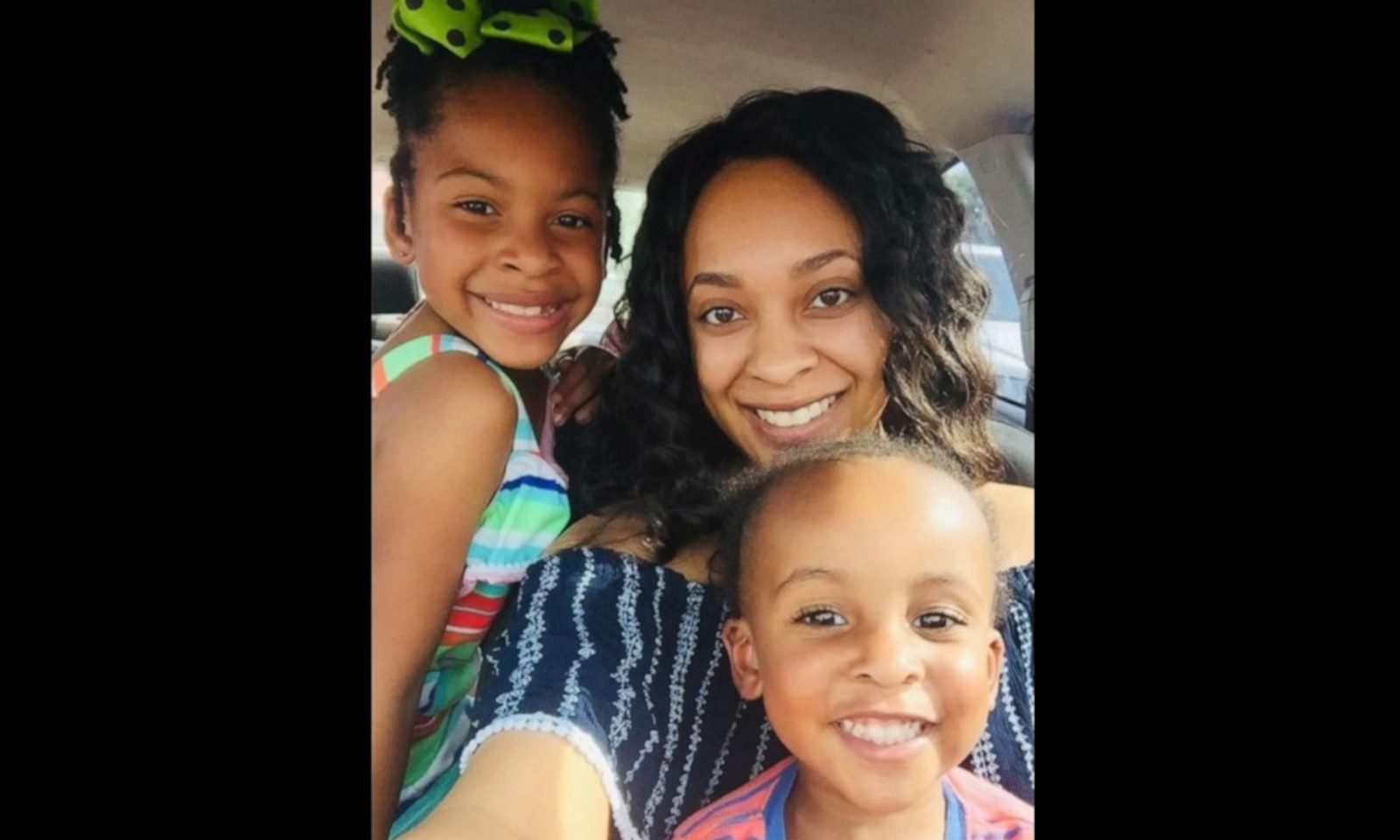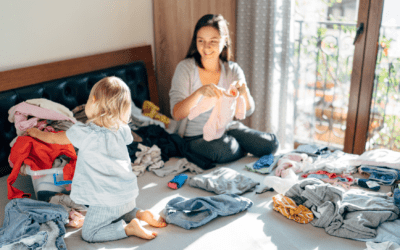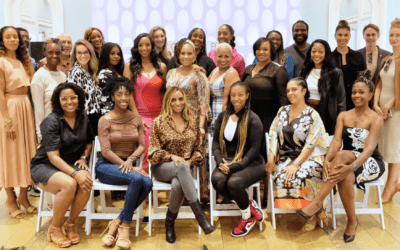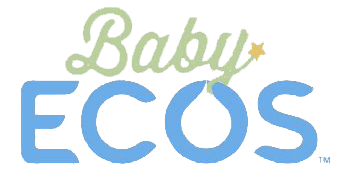NEW YORK — A single mom who had more than $34,000 in debt six years ago is helping other single mothers become debt free and take control of their finances, according to a report on ABC’s “Good Morning America.”
Dyana King — who is the mother to Mikayah, 9, and King, 5 — said it was her firstborn who motivated her to start paying down her debt.
“The main thing was that I was a mother,” the 30-year-old told “Good Morning America.” “I wanted to obviously provide more for my child but also I did not want her to become me. Because in a way, I saw myself becoming my mom … She became a single mom and I saw how hard it was for her to take care of three kids when she did not really grasp how to properly manage her money.”
“I did not want to keep this pattern in rotation. It was literally up to me to break that,” she said.
But while she wanted to get started, King wasn’t sure where to begin. So she turned to blogs and social media to figure out what she needed to do to chip away at her debt which consisted of an auto loan, multiple student loans, credit card balances and personal loans — all totaling $34,907.
King learned about the snowball method — the practice of listing out all debts and tackling and paying off the smallest one first before moving on to the next smallest debt — and started getting serious about paying off her debt in 2016. At the time, she was making just $32,000 a year working as a customer service representative.
“I started with my smallest balance and I’m like, if I can get this down, that gives me more money to roll into my budget,” she explained. “And so, I kind of went through this trial-and-error phase that way.”
“I had to get creative and kind of leverage what I had,” she added. “I was working the day job and then at night, I was freelancing for a few clients and that brought in about an extra $200 to $400 a month for me just depending on the time that I had because I was still a full-time parent.”
Along the way, King figured out what would and wouldn’t work so she kept up consistent payments and allocated extra money, like her tax refunds, toward her debt. But when found herself off track, she would reset and come up with another plan, all with her long-term goal in mind.
“What worked for me is shifting my mindset of what success was and what was enough because we often tell ourselves, ‘I’m not making enough. These payments aren’t enough,’” King said. “But the way that I saw it was, even if it’s an additional $20, if I keep making an extra $20, eventually, I’m gonna get it down.”
To read the full story, click here.














